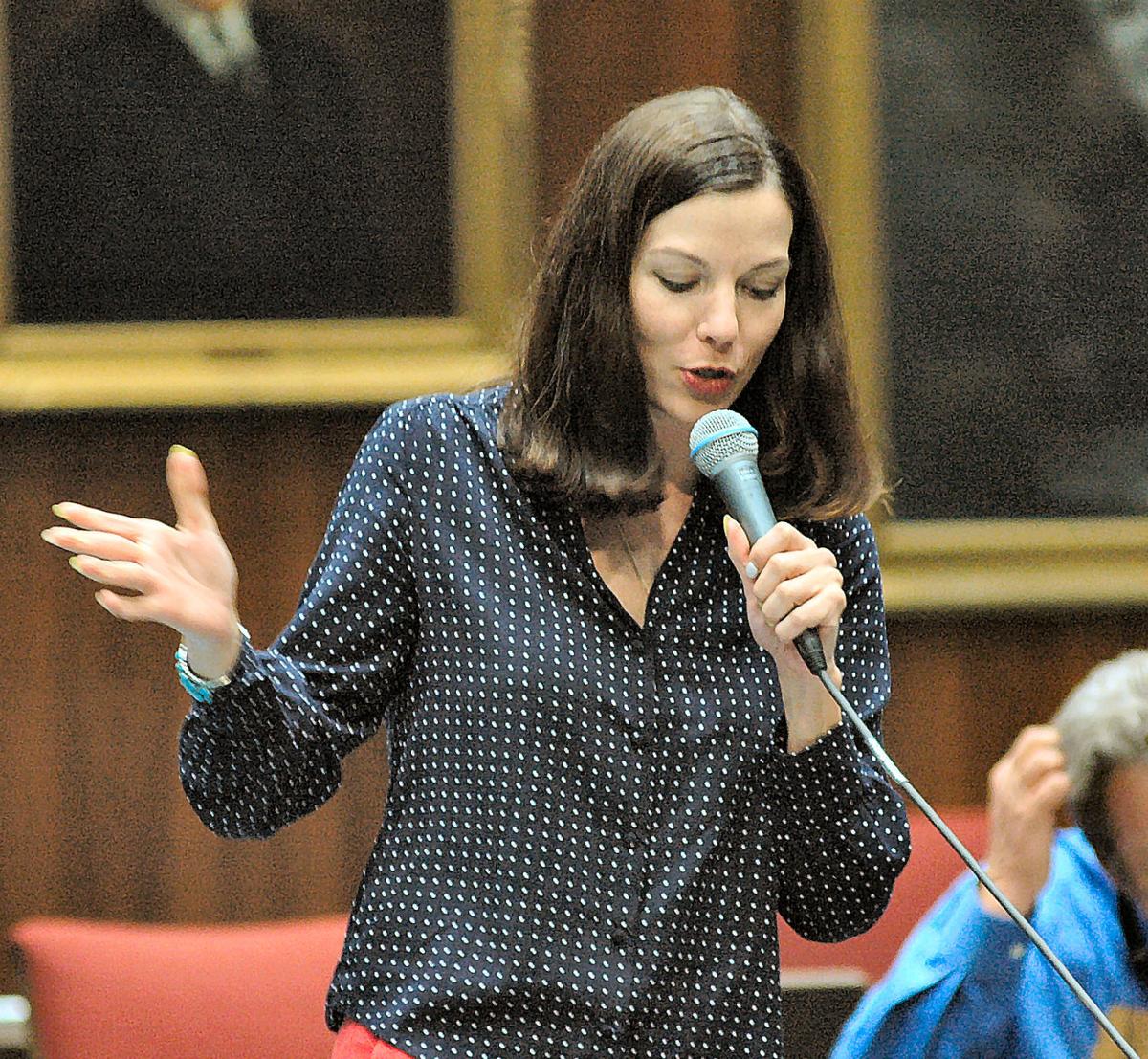PHOENIX — Republican lawmakers are moving to effectively strip the word “permanent” from laws that allow voters to enroll on the permanent early-voting list.
On a party-line vote, Republicans on the House Elections Committee agreed Tuesday that county officials should be prohibited from sending early ballots to those who did not use them during the past two election cycles.
That would affect not just those who chose not to vote at all but also those who, for whatever reason, opted instead to cast a ballot on Election Day at a regular polling place.
Senate Bill 1188 would allow — but not require — election officials to send a notice to those on the early-voting list before removing their names. A person would be able to remain on the list and continue receiving an early ballot if they confirmed in writing, within 30 days, that they still wanted it.
Rep. Athena Salman, D-Tempe, said that means the question of whether people get notified before they are removed from the list could depend on which county they live in and the decisions of the specific election officer.
Foes say all this does is throw another hurdle in the path of voters. Some testimony suggested the bill would immediately dump more than 200,000 from the early voting list if it becomes law.
“We think the word ‘permanent’ should mean something,” Sandy Bahr, chapter president of the Sierra Club, told lawmakers.
Bahr said voter turnout in Arizona increased sharply in 2018, at least in part due to the effort of many groups to get people to the polls.
“We should be celebrating that and looking for ways to do even better,” rather than erecting new barriers like this one, Bahr said. “Purging people from something called a ‘permanent early-voting list’ is, I have to say, really unconscionable.”
Salman was more blunt.
“It would have the effect of massive voter suppression,” she said, with thousands of people not getting an early ballot in 2020 because of their failure to use the system in 2016 and 2018.
The measure is being pushed by Sen. Michelle Ugenti-Rita, R-Scottsdale. She said it’s simply a matter of keeping the list up to date rather than being crowded with names of people who signed up to get the early ballots in the mail but have chosen not to use them.
“It’s about having integrity in the system,” Ugenti-Rita said.
Anyway, she said, a person would have to not use the early ballot in four consecutive elections — a primary and general election one year and then a primary and general two years later — to wind up losing the early ballots.
That’s not exactly true. The legislation says being dropped from the list depends on someone not casting an early ballot in either the primary or general election for two consecutive years. Rep. Raquel Terán, D-Phoenix, said that means a political independent who does not vote in primaries can have early voting status placed in jeopardy solely by not using it twice, once in each general election.
Ugenti-Rita said the loss of an early ballot doesn’t disenfranchise anyone, as they would remain free to go to the polling place. And they could get reinstated to the early-voting list by submitting a new request.
“No one is being harmed,” she said. “It’s good public policy.”
But Jen Marson, executive director of the Arizona Association of Counties, said her members, the ones who would have to implement the change, are not in favor. She told lawmakers that any decision of whether to remove people from the early-voting list should be optional with each county’s officials.
Marson also said other procedures already used by county recorders ensure that voting records are kept as clean as possible to eliminate those who have died or moved away.
And on a more practical matter, she said the registration system used by the 13 smaller counties is not set up to kick out the kind of list that SB 1188 demands to remove people from the early-voting rolls.
Rep. Bob Thorpe, R-Flagstaff, said he sees the issue in more dollars-and-cents terms.
He figured it costs counties anywhere from $2.50 to $4 to send out each early ballot. Using the estimates from the Arizona Advocacy Network of 200,000 people who haven’t used the early ballot they received in two election cycles, Thorpe figures the move would save $500,000 or more.
Anyway, he said, early voting is not a constitutional right but a privilege.
And Thorpe said it’s not all that difficult to use the ballot — and remain on the list.
“You have 30 days to fill out that ballot, drop it in the mail,” he said, noting that the return envelope already has postage.
The bill, which already passed the Senate, goes next to the full House.





